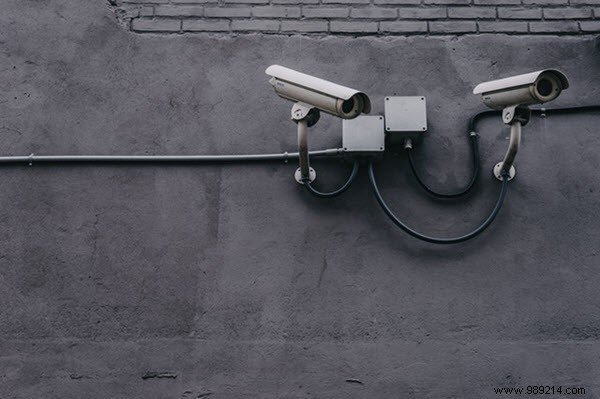A thief breaks through an unlocked door and manages to steal valuables – money, accessories and intellectual property.
A security guard, working a double shift, falls asleep and fails to prevent a violent crime at the scene.
An office worker walks into the wrong area of the building and sustains an injury due to lack of proper safety clothing or equipment.
Off-shift vandalism shuts down a factory line for days, costing the organization thousands of dollars.
These are all examples of poor physical security systems and procedures and they should never happen.
When things are under control, the organization runs smoothly and its employees are safe and comfortable.
But when security systems fail, the results can be disastrous.
How effective are your organization's security measures?
A physical security assessment can tell you a lot about how "under control" things are in your organization or facility. If you're not sure about that, check out these business security ideas you can start using today.

Get a simple assessment of your organization's security systems before a disaster.
Start with a consultation with a qualified and experienced security company. They know what to look for and what to recommend to keep your business running smoothly.
A full assessment will assess the following:

A great security company not only knows how to find gaps and vulnerabilities, but they are also sensitive to the limits of your organization's resources.
It's one thing to have the best security money can buy, but most organizations need to max out on a limited budget. They need the most effective and efficient security program for the money they can afford.
A professional assessment will show not only where the operation might be vulnerable, but also possible layoffs.
Make sure things are under control in your organization. Call a security professional and immediately walk through the operation to find out what a potential thief or vandal might already know about your organization's vulnerabilities. After all, it's time to know about a gap in your security system before disaster strikes.